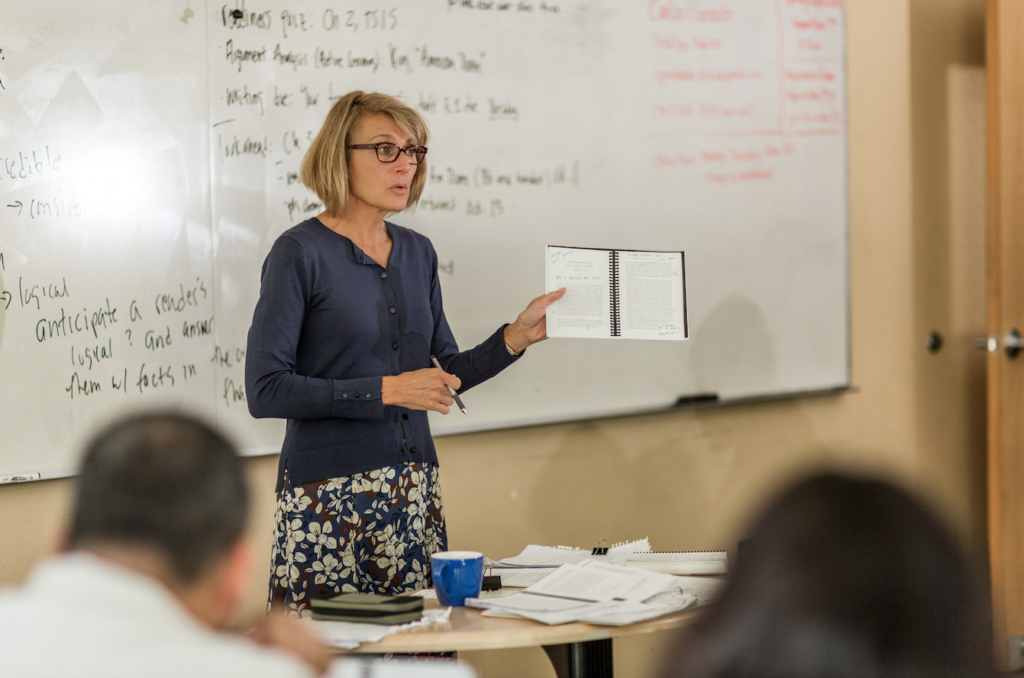
We asked the Alaska Pacific University faculty members what pieces of advice they’d offer the Class of 2021. They delivered. Read on below.
Bradley Harris, Associate Professor of Marine Biology
-This is your education and your university – own it.
-Humans learn best by doing – get involved now … winter is coming.
-APU faculty are practitioners (i.e. we do real stuff rather than just teach about it). Learn about us and what we do then pester us until we give you a job.
Alexander Lee, Assistant Professor of Philosophy
I had a professor my first semester in school that called these the five nobel truths of success; recognizing and embracing them was his advice for succeeding in your first year at college:
-Good things will happen to you. This is especially important to remember during those stressful times of the year.
-Bad things will happen. Its true for us all; sometimes we can’t avoid tough moments and have to embrace them in order to push through.
-Moderation is a virtue. Need we say more?
-Personal relationships are important. Your community will outlast your courses, so be true to yourself in your relationships and make friends.
-Sleep.
Gina Miller, Assistant Professor of Writing
–Show up. Even if you’re not prepared, the prof will notice, care, and take note that you’re there. (It’s insulting when we prepare a lesson and students don’t bother to show up.)
-Go to office hours. I know, I know, it doesn’t seem there’s much to talk about, but….if you care enough to interact outside of class, I can guarantee it’ll positively affect your grade, or at the very least, the profs opinion of you.
-Profs talk…a lot…about their students. Make a good impression in one class and word will spread. Setting a good impression from year one can’t hurt.
David Scheel, Professor of Marine Biology
– Turn in your work. On time. Even if you’re not sure you did very well, it’s better than nothing. And seeing what is difficult for students helps professors see where to provide more guidance.
– Make friends with other students who are succeeding and whom you admire, even if it’s a little intimidating. We all tend to compare ourselves to our companions. If yours are ahead of you, you’ll be motivated to keep up.
Pam Maslyk, Assistant Professor of Mathematics
–Organize! Have a master schedule of your classes and dedicated areas to write in assignment and test dates. If you like Apps, you may want to look into EverNote or Wonderlist.
-Take notes! To many students just sit through classes passively. It is one method for placing information into long term memory and may help you with your organization too.
-Give your phone a rest and engage in class! College classes discuss much more information in one hour than high school, so make sure you are attentive and engaged and not distracted by your devices during class. You will be pleasantly surprised at how much more you remember and understand.
-Find time to do your homework! Set aside times to do your homework so that you don’t fall behind. Better yet, create a homework group with your classmates as you will complete the assignments faster and the group discussion is rich and rewarding.
Amanda King, Associate Professor of Geology and Earth Sciences
-Check your email! Set up your phone to check your APU email, or make sure your APU email is forwarded to the email that you normally check. So many students miss out on important class announcements, professor communications, etc. early on, simply because they aren’t in the habit of checking their APU email.
Eeva Lastosuo, Associate Professor of Outdoor Studies
–Use task lists. Taking several classes can create a complex web of competing deadlines, readings and assignments. It can be overwhelming. Where do I even start? Check your weekly goals for courses on Sunday (reading syllabus helps!) and write a master task list that reflects the work you need to get done that week. Then each evening before you go to bed, jot down a daily task list for the next day.
-Plan for play time. If you get into habit of doing your work efficiently and on time, you will have more pleasurable and guilt-free play time. Hanging out with friends, getting exercise and enjoying outdoors will help you relax, as well as let your brain chill before the next learning pursuit.
